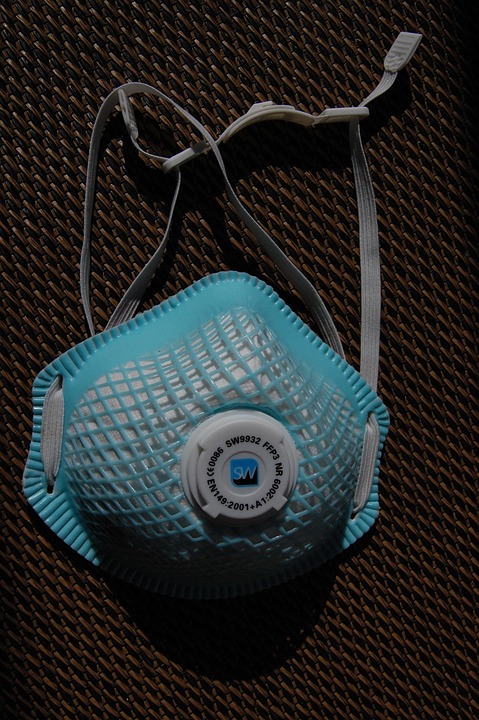The Role of the Respiratory System in Overall Well-Being
The respiratory system plays a pivotal role in maintaining the body’s homeostasis and overall well-being. Often taken for granted, this complex system not only facilitates the exchange of gases but is also intricately linked to various bodily functions, including metabolism, physical performance, and mental health. This article delves into the structure and function of the respiratory system, its impact on overall health, and the modern lifestyle factors that can both enhance and compromise respiratory function.
Anatomy of the Respiratory System
1. Structure of the Respiratory System
The respiratory system is composed of the upper and lower respiratory tracts. The upper tract includes the nose, nasal cavity, sinuses, and pharynx, while the lower tract consists of the larynx, trachea, bronchi, bronchioles, and lungs.
- Nose and Nasal Cavity: Responsible for filtering, warming, and humidifying incoming air.
- Pharynx and Larynx: Act as passageways for air and contain the vocal cords, enabling phonation.
- Trachea and Bronchi: The trachea bifurcates into the bronchi, transporting air to the lungs.
- Lungs: Comprising alveoli, where the crucial exchange of oxygen and carbon dioxide occurs.
2. Functionality of the Respiratory System
The primary function of the respiratory system is gas exchange. Oxygen from the atmosphere enters the alveoli and diffuses into the bloodstream, while carbon dioxide is expelled from the blood into the alveoli to be exhaled. This gas exchange is vital for cellular respiration, a process that generates energy.
The Respiratory System’s Influence on Health
1. Oxygen Supply and Cellular Function
Oxygen is a fundamental element for cellular metabolism, facilitating ATP production. Insufficient oxygen supply can lead to a range of health problems, including fatigue, cognitive impairments, and in extreme cases, organ failure.
2. Role in the Immune System
The respiratory system also plays a role in the immune response. The mucous membranes that line the airways trap pathogens, and cilia help move them out of the lungs. Inadequate respiratory function can compromise these defense mechanisms, increasing the risk of respiratory infections.
3. Emotional and Mental Well-Being
There is a profound connection between respiratory function and mental health. Techniques like deep breathing can activate the parasympathetic nervous system, helping to reduce stress and anxiety. Conversely, difficulty in breathing can exacerbate feelings of panic and unease, creating a vicious cycle.
Factors Affecting the Respiratory System
1. Environmental Influences
Air quality directly impacts respiratory health. Pollutants, allergens, and pathogens can result in conditions like asthma, COPD, and respiratory infections. Urban areas often face higher levels of pollution, making it essential for residents to take precautions to protect their respiratory health.
2. Lifestyle Choices
Lifestyle factors, including smoking, diet, and exercise, significantly influence respiratory health.
- Smoking: A leading cause of respiratory diseases, smoking damages lung tissue and impairs gas exchange.
- Diet: Nutrient-rich diets contribute to overall health, including the integrity of the respiratory system. Vitamins A, C, and E, omega-3 fatty acids, and antioxidants are particularly beneficial.
- Physical Activity: Regular exercise not only improves lung capacity but also enhances cardiovascular health, which is closely tied to respiratory function.
3. Age and Gender
The respiratory system changes with age. Lung volume and elasticity decline, making older individuals more susceptible to respiratory infections and diseases. Gender also plays a role, with women generally experiencing more severe symptoms from certain respiratory conditions.
Enhancing Respiratory Health
1. Breathing Techniques
Incorporating various breathing techniques can improve lung capacity and efficiency. Techniques like diaphragmatic breathing, pursed-lip breathing, and the Buteyko method are known to enhance respiratory function.
2. Physical Activity
Engaging in regular physical activity strengthens the respiratory muscles and improves lung capacity. Aerobic exercises, such as running, swimming, and cycling, are particularly effective.
3. Environmental Modifications
Improving indoor air quality through proper ventilation, air purification systems, and the use of non-toxic household products can greatly benefit respiratory health. Additionally, minimizing exposure to outdoor pollutants through methods such as wearing masks can also be beneficial.
4. Nutritional Interventions
Adopting a healthy diet rich in fruits, vegetables, whole grains, and lean protein can enhance respiratory health. Foods rich in omega-3 fatty acids, such as fish, and antioxidants found in berries can mitigate oxidative stress in the lungs.
Conclusion
The respiratory system is essential for sustaining life and significantly impacts overall well-being. By understanding its role and the various factors that influence it, individuals can take proactive measures to enhance their respiratory health. Incorporating healthy lifestyle choices, utilizing breathing techniques, and being mindful of environmental influences can lead to improved respiratory function and a better quality of life.
Through education and awareness, we can appreciate the invaluable work of the respiratory system and its contribution to a healthy, fulfilling life.


























Add Comment